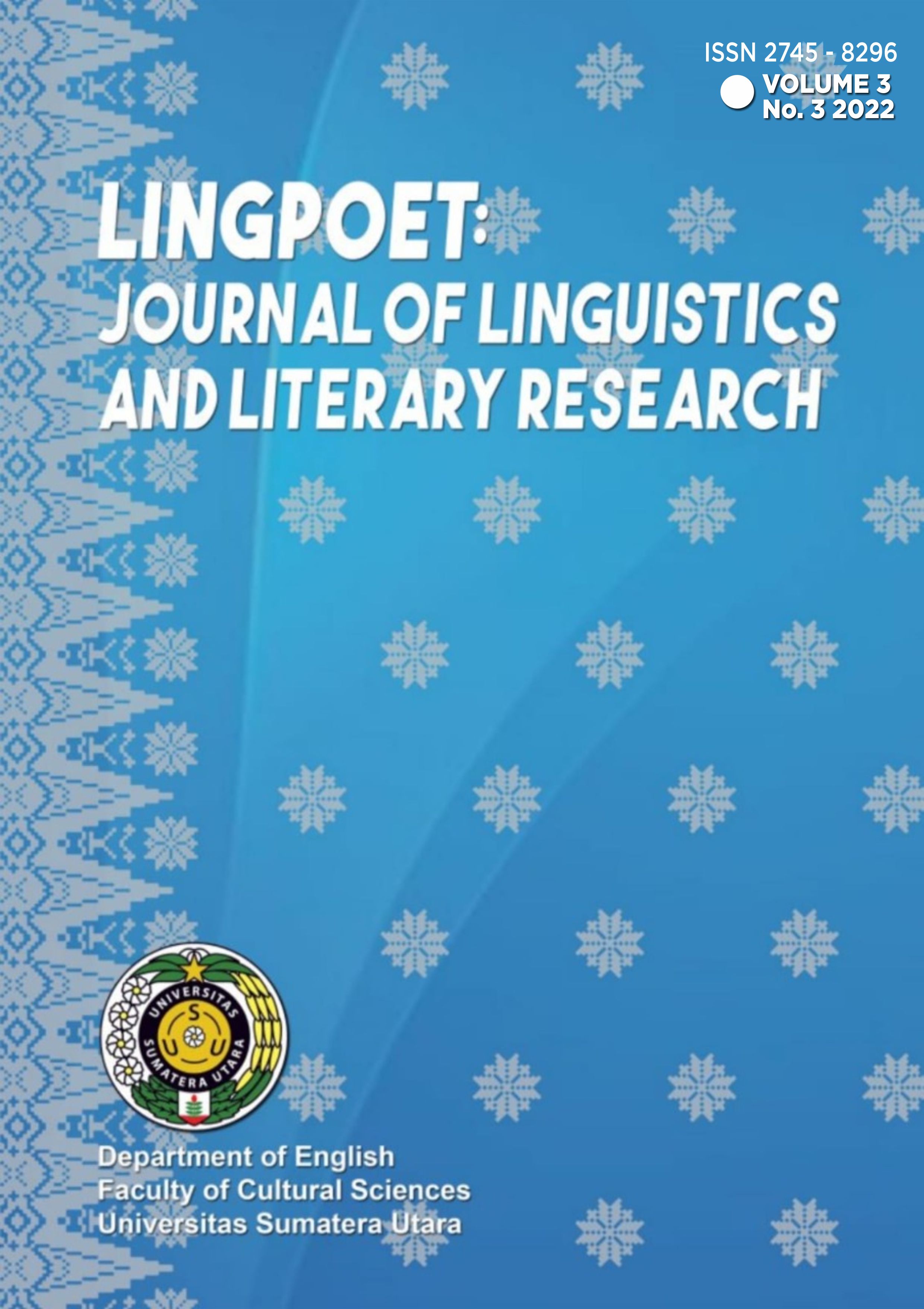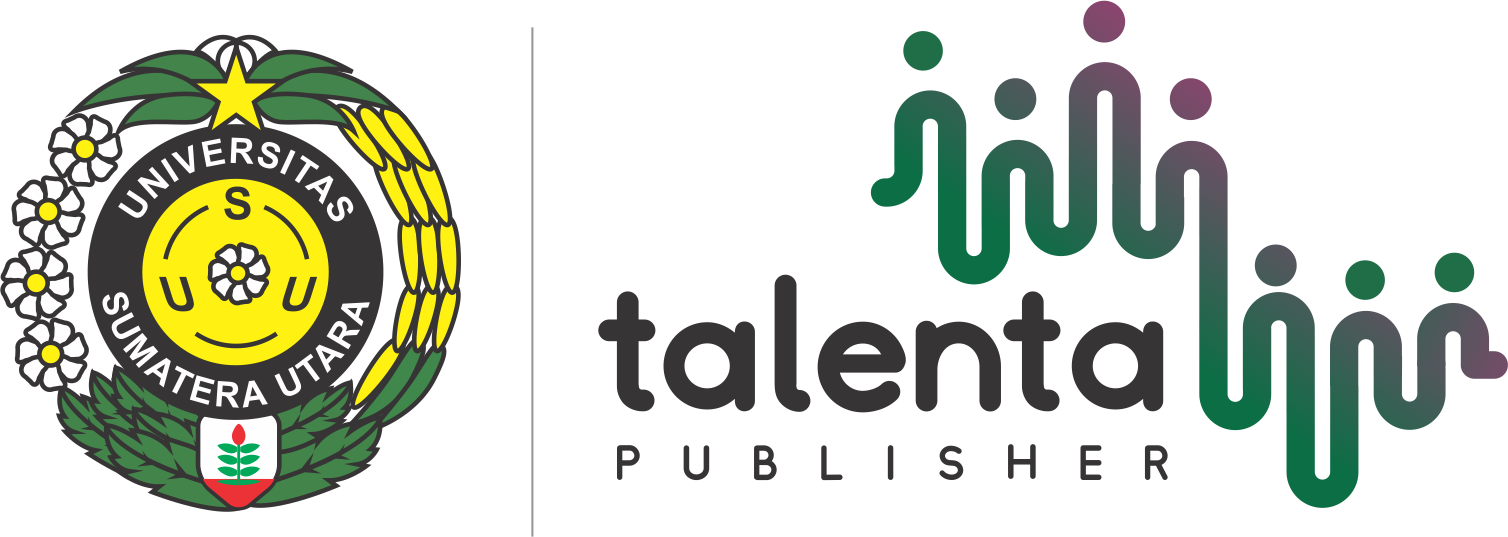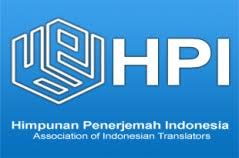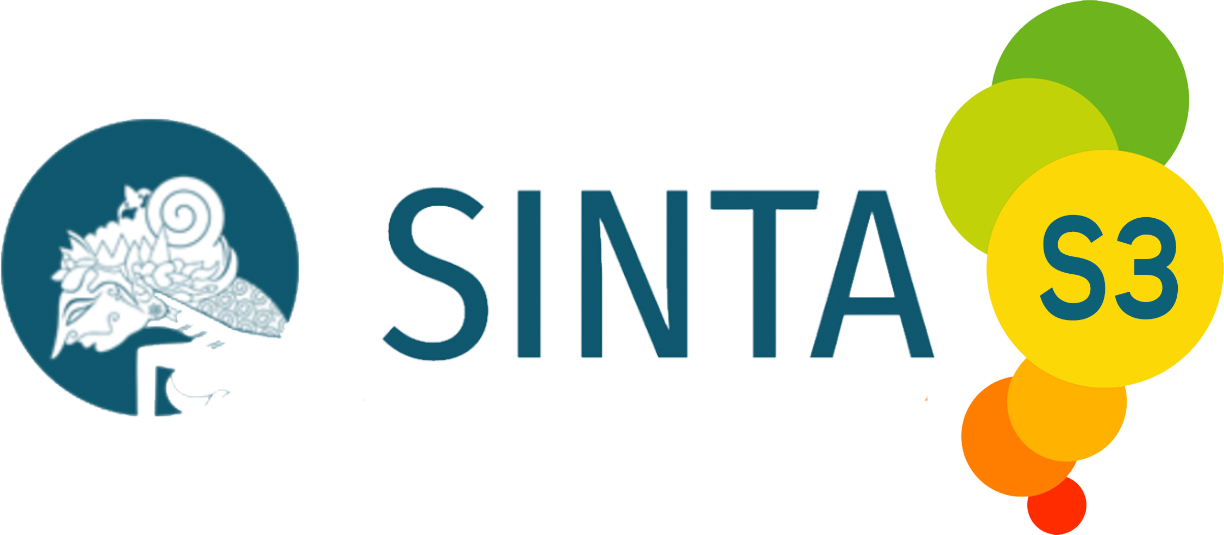Improving Student’s Listening Skill through Bingo Game: A Classroom Action Research at Fifth Grade Students in Sidomulyo
DOI:
https://doi.org/10.32734/lingpoet.v3i3.8587Keywords:
Bingo Game, CAR, Listening SkillAbstract
This research aims to find out and describe the improvement of students’ listening skill through bingo game. Classroom Action Research (CAR) designed by Kemmis and Mc Taggart which consisting of four phase in each cycle: planning, acting, observing, and reflecting was used as the research method. In obtaining the result, there were two types of data collection: the qualitative data (observation and interview) and the quantitative data (pre-test and post-test). In analyzing the data, descriptive analysis and statistic analysis were used to find out the result of bingo game implementation. The result showed that the use of bingo game improved the students’ score and their responses were good. For the students’ responses, it can be seen through the observation and interview taken. In addition, the improvement of the students’ achievement were proved after the tests in each cycle (pre-test, post-test I, and post-test II) taken: the students’ mean score in pre-test was 57.25 and the students’ mean score in post-test II was 75 which the improvement of the students’ mean score in pre-test and post-test II was 17.75. Then, the percentage of the students who met the KKM in pre-test was 35%, post-test I was 65% and post-test II was 85%. In summary, the result showed that the implementation of the Classroom Action Research met the target CAR (75%) which means that the Classroom Action Research was successful.
Downloads
References
T. Caroline and D. Nunan, Practical English Language Teaching: Young Learners. New York: MCGraw-Hill, 2005.
V. Cohen and J. E. Cowen, Literacy for Children in an Information Age:Teaching Reading, Writing, and Thinking Second Edition. California: Wadsworth, 2011.
P. Ur, A course in Language Teaching: Practice and Theory. Cambridge: Cambridge University Press, 2003.
A. U. Chamot, S. Barnhardt, P. B. El-Dinary, and J. Robbins, The Learning Strategy. New York: Longman, 1999.
M. L. Silberman, Active Learning: 101 Strategi Pembelajaran Aktif. Yogyakarta: Pustaka Insan Madani, 2009.
C. T. Linse, Practical English language teaching: Young learners. New York: McGraw-Hill Companies, Inc., 2005.
A. Patricia and A. Richard, Making it Happen From Interactive to Participatory Language Teaching: Evolving Theory and Practice. New York: Pearson Education, 2010.
S. K. Lee, “Creative Games for the Language Classroom,†vol. 33, no. 1, p. 35, 1995.
A. Shaheen, “Use of Songs, Rhymes and Games in Teaching English,†Dhaka Univ. J. Linguist., vol. 2, no. 3, pp. 161–172, 2009.
M. J. Wallace, Action Research for Foreign Language Teachers. Cambridge: Cambridge University Press, 2006.

Downloads
Published
How to Cite
Issue
Section
License
Copyright (c) 2022 LingPoet: Journal of Linguistics and Literary Research

This work is licensed under a Creative Commons Attribution-ShareAlike 4.0 International License.












